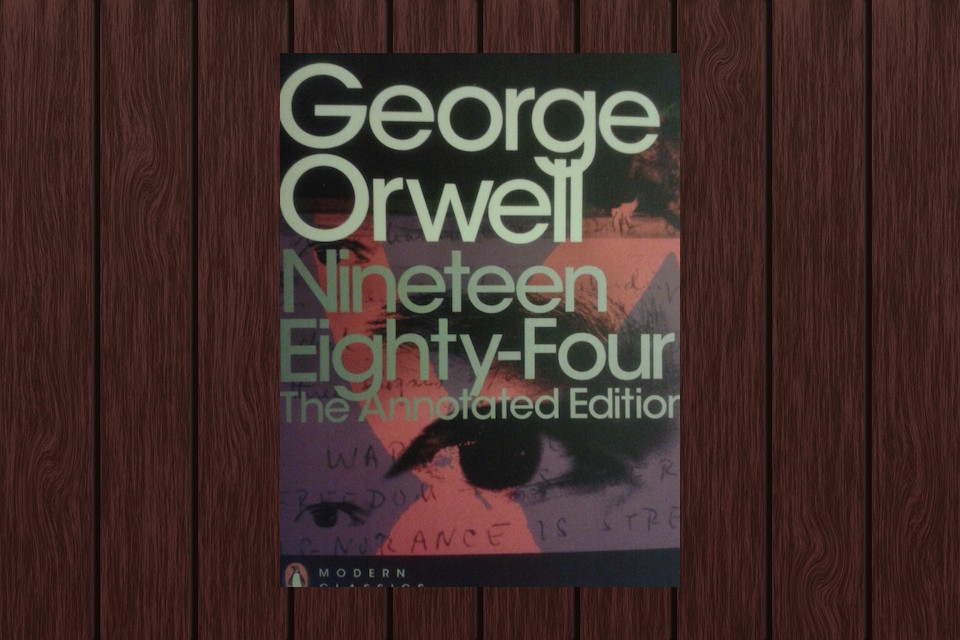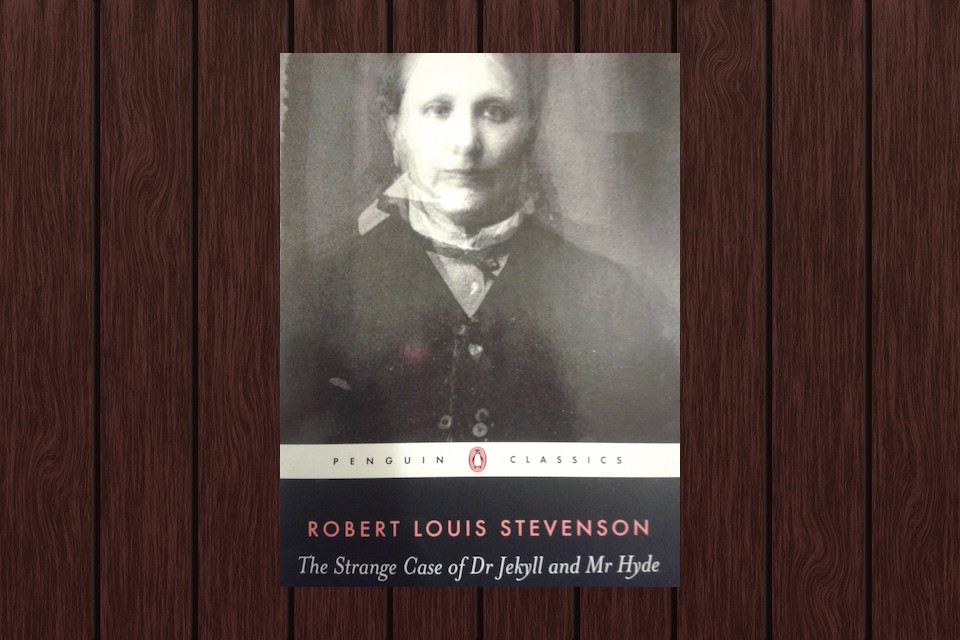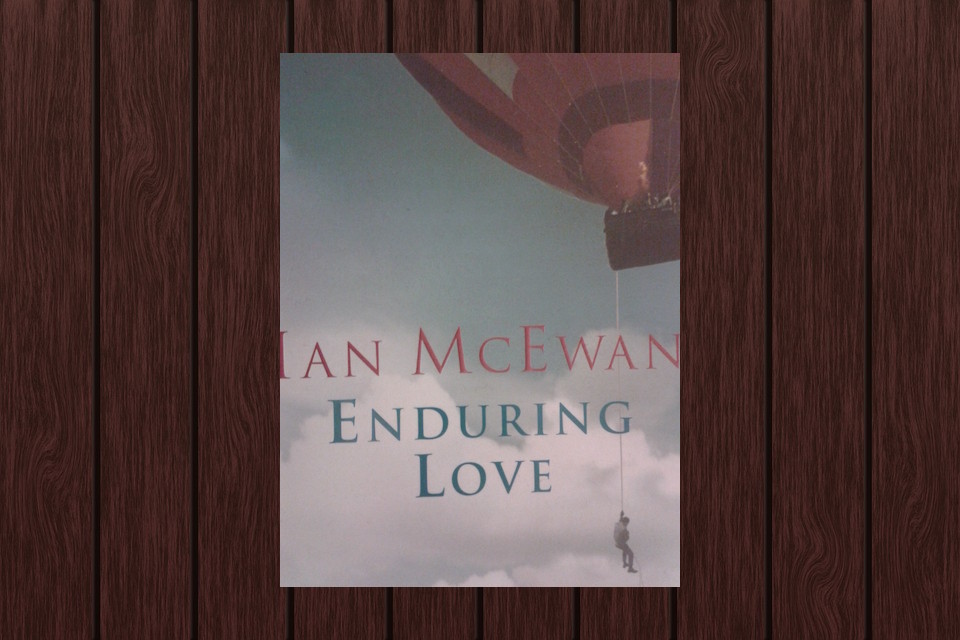
It is a classic for a reason: it conveys and explores preoccupying, pervading themes, those which are indeed relevant to today. Nineteen Eighty-Four is a novel which deals with such paradigms as perpetual surveillance, spying, sexual prohibition and political power. For this reason – the fact that it’s timeless – it is a novel which needs to be sitting on your shelf.
Lying at the heart of the novel is the theme of panopticism – a theory thought up by the French philosopher Michel Foucault, and written about in his philosophical work Discipline and Punish. It is a theory which expands upon Jeremy Bentham’s conceptualisation of the panopticon: a circular prison which contains a watch tower in the centre. Its inmates’ movements are perpetually watched, and the figure at the centre possesses the power and control. It is this that Orwell explores, in an ongoing dialectic of freedom versus power, liberation versus notions of the carceral, sexual desire versus docility. It is, one might argue, a novel in which no body – or indeed mind – can be liberated from the constraints of the Party.
Nineteen Eighty-Four is, firstly, a tense thriller. Fast-paced and engaging from the start, we empathise with the incarcerated Winston Smith, will him to succeed in his endeavours to rebel against the ruling Party – Ingsoc – and read his defiant scrawls with bated breath.
His eyes re-focused on the page. He discovered that while he sat helplessly musing as he had also been writing, as though by automatic action. And it was no longer the same cramped awkward handwriting as before. His pen slid voluptuously over the smooth paper, printing in large neat capitals -
DOWN WITH BIG BROTHER
DOWN WITH BIG BROTHER
DOWN WITH BIG BROTHER
DOWN WITH BIG BROTHER
DOWN WITH BIG BROTHER
Orwell is exceptional in his ability to create tension: this he does by giving us insights into the protagonists’ minds, juxtaposing this to the omnipotence of the all-pervading Party. So we get snippets of the public and private, the personal and the powerful, the prostrated and the political. From Winston’s exercise routine at the start of the novel, to his intimate, clandestine liaisons with the rebellious Julia, we pick up on the continuous level of tension and emotional strain which is present from cover to cover – making it a gripping and thought provoking novel to read.
Contemporaries of Orwell include Zamyatin, Huxley and Bradbury, writers who were equally focused on dystopian worlds – worlds in which omnipotent governments put a limit on the liberties of their citizens. Orwell writes with the same diction, with the same concerns and with the same conviction about such issues: you might certainly think of Zamyatin’s We, Huxley’s Brave New World or Bradbury’s Fahrenheit 451 as you read Orwell’s dystopia.
With a truly turbulent relationship between Julia and Winston, an even more complex tussle between Winston Smith and his own psyche, and a denouement that will leave you reeling, Nineteen Eighty-Four is simply a must-read.



